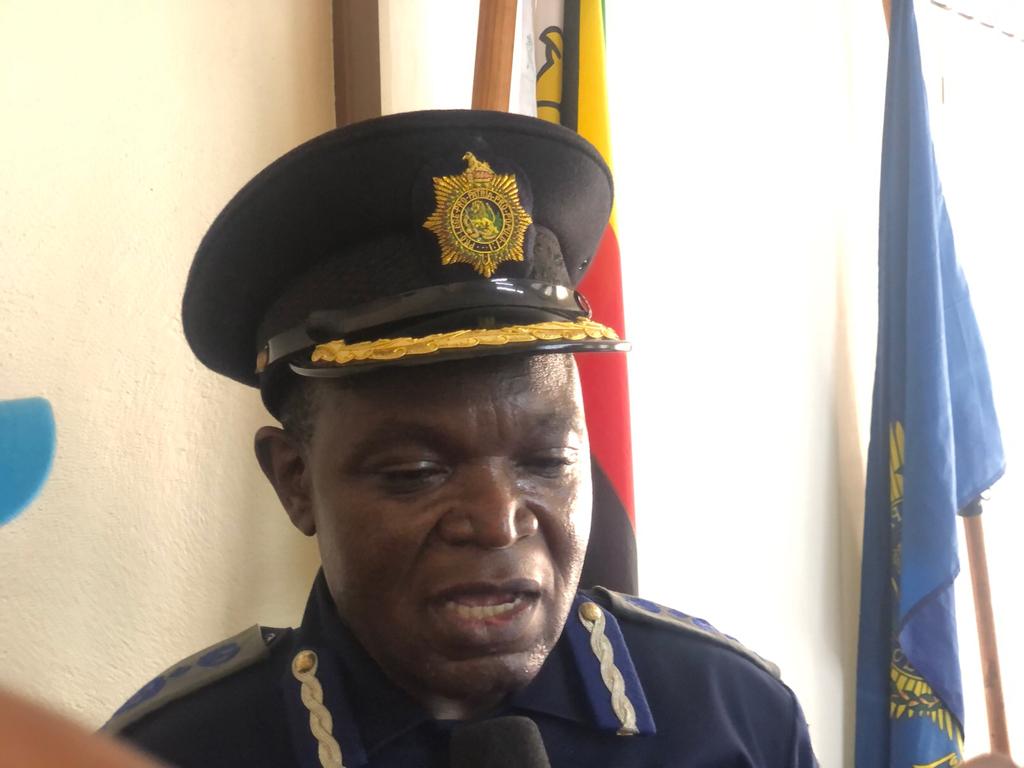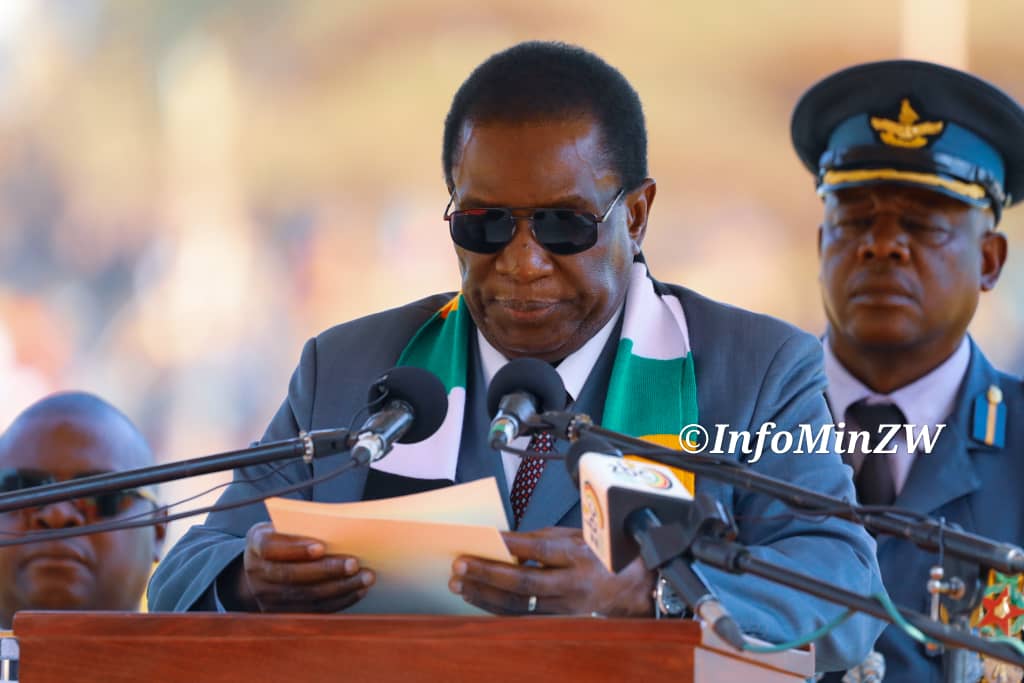‘One step forward, 10 steps back for female politicians’
Share
ON August 23 and 24, Zimbabweans from all walks of life thronged polling stations dotted around
the country to elect a President, legislators, senators and councillors, who will lead them for the next
five years.
As per the norm, there were long winding queues before the opening of the polling stations at 7am,
with the majority of the voters being women and youths. Zimbabwe has 6.6 registered voters.
Despite the huge turn-out of female voters, there were few female candidates on the ballot paper.
In the 23 and 24 August harmonised elections, 637 contestants were vying for National Assembly
seats, but only 70 were women, drawn from all political parties and independent candidates.
Compared with the 2018 elections where 237 out of 1648 candidates were women, this represented
a decline from 14 to 11 percent.
Out of the confirmed 11 candidates who were vying for presidential office, there was only one
woman, Elisabeth Valerio of United Zimbabwe Alliance (UZA).
The other potential candidate for the presidential election, Linda Masarira of Labour, Economists
and African Democrats (LEAD) could not make it to the to the ballot paper after she failed to raise
the US$20 000 nomination fee required by the Zimbabwe Electoral Commission (ZEC).
In the 2018 general elections, there were four presidential aspirants – former Vice president Dr Joice
Mujuru, Dr Thokozani Khupe, Violet Manyacha and Melbah Dzapasi.
Out of 60 senatorial seats, 37 are women while in the provincial councils which are made up of 100
members across the country, 53 are women. Some came through the quota system.
However, the participation of women in politics is still a far cry from the 50/50 representation as
required by the Constitution.
Women Coalition of Zimbabwe (WCoZ) Gweru Chapter chairperson, Nozipho Rutsate said having 22
elected female legislators in the country was a disappointing outcome despite investments made by
women pressure groups in empowering women to take up leadership positions.
“This is a very sad outcome of the current elections especially after a lot of training aspiring female
candidates in engagement with political parties trying to promote female representation, goals of
achieving gender equality, equal representation, decision making processes and it’s a clear picture
that as much as women’s movement we believe that the society has accepted and understood what
needs to be done to achieve gender equality.
“There are 10 steps that we are moving back the implementation of such,” she said.
Rutsate urged political parties to have a zebra system for equal representation of women.
“So we can actually see that as much as we are advocating and lobbing even government, chanting
and trying to strengthen the issue of meaningful and active participation of women the society itself
has not yet reached the stage to accept such transitions of actually putting women forth to be torch
bearers and leaders within our community,” said the WCoZ chapter chairperson.
The Women’s Academy for Leadership and Political Excellence (WALPE) has urged political parties to
demonstrate a “political will and sincerity” to the achievement of equality for the benefit of women
seeking in leadership and decision-making positions.
“Going forward, it is imperative that political parties not only incorporate clauses on gender equality
into their internal documents and policies as a way of ensuring that women are adequately
represented in leadership and decision-making positions, but also demonstrate a political will and
sincerity to the achievement of equality,” said WALPE.
Some political analysts said the decline in women's participation in seeking public office, despite
their active engagement in the electoral process can be attributed to several factors, among them
sociocultural and traditional norms, limited access to resources, institutional and legal challenges,
violence and intimidation, lack of support and mentorship and gender stereotypes and bias.
“For example, Zimbabwean society, like many others, has deeply ingrained patriarchal norms and
traditional gender roles that limit women's access to political power. Cultural expectations often
prioritise women's roles within the household and community, making it challenging for them to
pursue political careers.
“Women in Zimbabwe often face significant barriers in accessing resources such as education,
funding, and networks necessary for political campaigns. Financial constraints can impede their
ability to compete effectively in elections, including covering campaign costs and reaching out to
potential voters,” said a political analyst.
These sentiments were echoed by Rutsate who added: “We are still living in a patriarchal society
where it is believed men should be leaders within our community and this is drawing us back in
terms of development because we do know that women are the best administrators and women
actually understand the lack of quality service delivery because these are the people that are really
affected when there is no water, good health system electricity, no good road network systems etc.
“So it is something that is very sad to see that as much as we are trying to ensure that we capacitate
women, strengthen then and make them even see clear and brighter picture of supporting one
another in such a race. We are still in a phase where people have not yet really understood the
precept and the actual goal of achieving gender equality.”
Another analyst said despite constitutional provisions and legal frameworks promoting gender
equality and women's representation, “the implementation and enforcement of these laws may be
inadequate”.
“Existing political structures, parties, and electoral systems may not provide sufficient support or
opportunities for women to participate and succeed in politics.
“Women in politics, particularly those challenging the status quo, may face various forms of
violence, harassment, and intimidation. These acts can deter women from seeking public office, as
they fear for their safety and the safety of their families.”
Others called for strong support networks and mentorship programmes for aspiring women
politicians where they will have access to guidance, knowledge sharing, and skills development.
“This lack of support hampers their political growth and diminishes their confidence in navigating
the political landscape,” said an MSU student, who declined to be named, who added: “Gender
stereotypes and biases persist in Zimbabwean society, negatively impacting women's electoral
prospects.”
Addressing these challenges requires a multifaceted approach, including targeted initiatives to
promote women's political participation, raising awareness about the importance of gender
equality, providing training and resources for women in politics, and fostering an inclusive political
culture that values diversity and equal representation.








